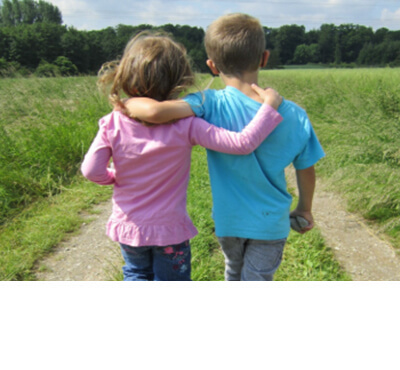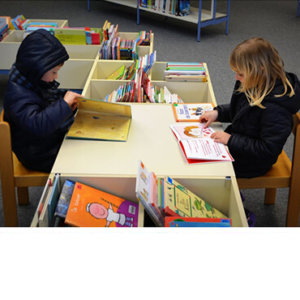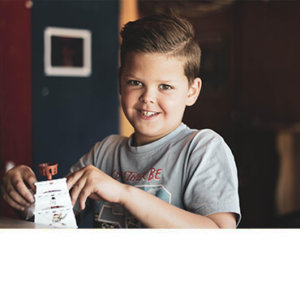- 1.1 Analyze theories and practices in early childhood social-emotional development.
- 1.2 Explain the importance of social and emotional learning in the lives of children today.
- 1.3 Describe the early childhood professional’s role in supporting children’s development and learning.
Social and Emotional Development of the Child
This course examines the social-emotional domain of child development. It introduces theories of social-emotional development and its stages from birth through age 8. The critical importance of promoting healthy social and emotional development in young children is emphasized, and effective practices are presented, including fostering relationships and communication with children and families, understanding and guiding children’s behavior, dealing with difficult emotions and creating a community where children will thrive socially and emotionally. Throughout the course special consideration is given to inclusive and culturally responsive practices.
Learning Objectives/
- 2.1 Identify social-emotional developmental milestones in the infancy and toddler ages.
- 2.2 Identify social-emotional developmental milestones in preschool through kindergarten ages.
- 2.3 Identify social-emotional developmental milestones in the primary-grade ages.
- 3.1 Analyze elements of positive relationships between adults and young children.
- 3.2 Identify strategies for fostering positive relationships with families.
- 3.3 Describe ways to develop positive relationships with diverse learners and families.
- 4.1 Identify types of effective and ineffective nonverbal communication with children.
- 4.2 Describe characteristics of effective verbal communication with children.
- 5.1 Identify factors that impact children’s emotions and learning.
- 5.2 Analyze strategies for supporting young children experiencing emotional stress or difficulty.
- 5.3 Identify approaches to help children develop resilience.
- 6.1 Examine the role of play in children’s social development.
- 6.2 Analyze strategies for fostering positive social interaction and relationships in young children.
- 6.3 Identify best practices to support differences in social competence.
- 7.1 Analyze approaches to fostering self-regulation in young children.
- 7.2 Identify effective practices for setting behavioral expectations and establishing consequences.
- 7.3 Analyze causes of anger and stress in children and effective practices for dealing with aggression in young children.
- 8.1 Analyze approaches to creating positive and supportive learning environments.
- 8.2 Identify scheduling considerations to maximize children’s development and learning.
- 9.1 Identify approaches to integrating social and emotional themes throughout the curriculum.
- 9.2 Analyze approaches for promoting social-emotional learning through group work.
- 9.3 Apply strategies for integrating language and literacy into the curriculum to promote social-emotional learning.
- 10.1 Identify practices for embracing and leveraging cultural diversity.
- 10.2 Describe inclusive practices that promote social-emotional development and learning in children with exceptional needs.








There are no reviews yet.